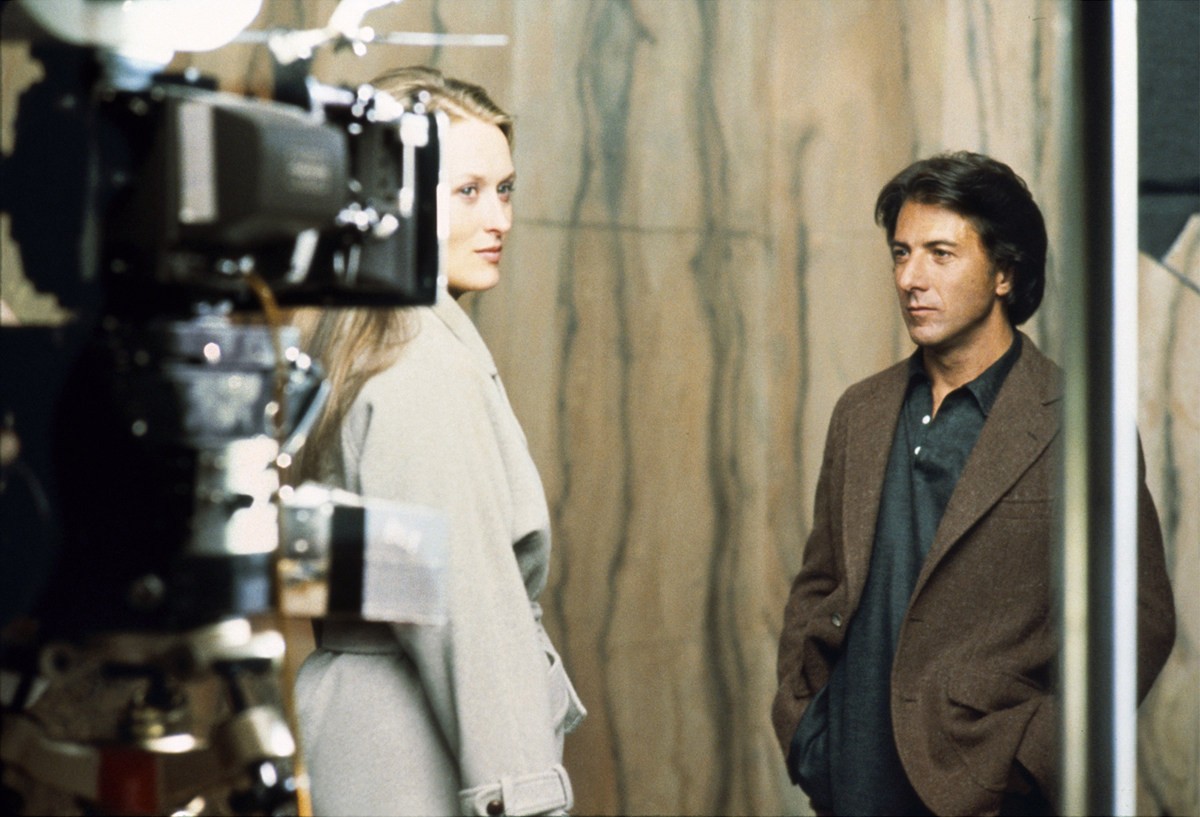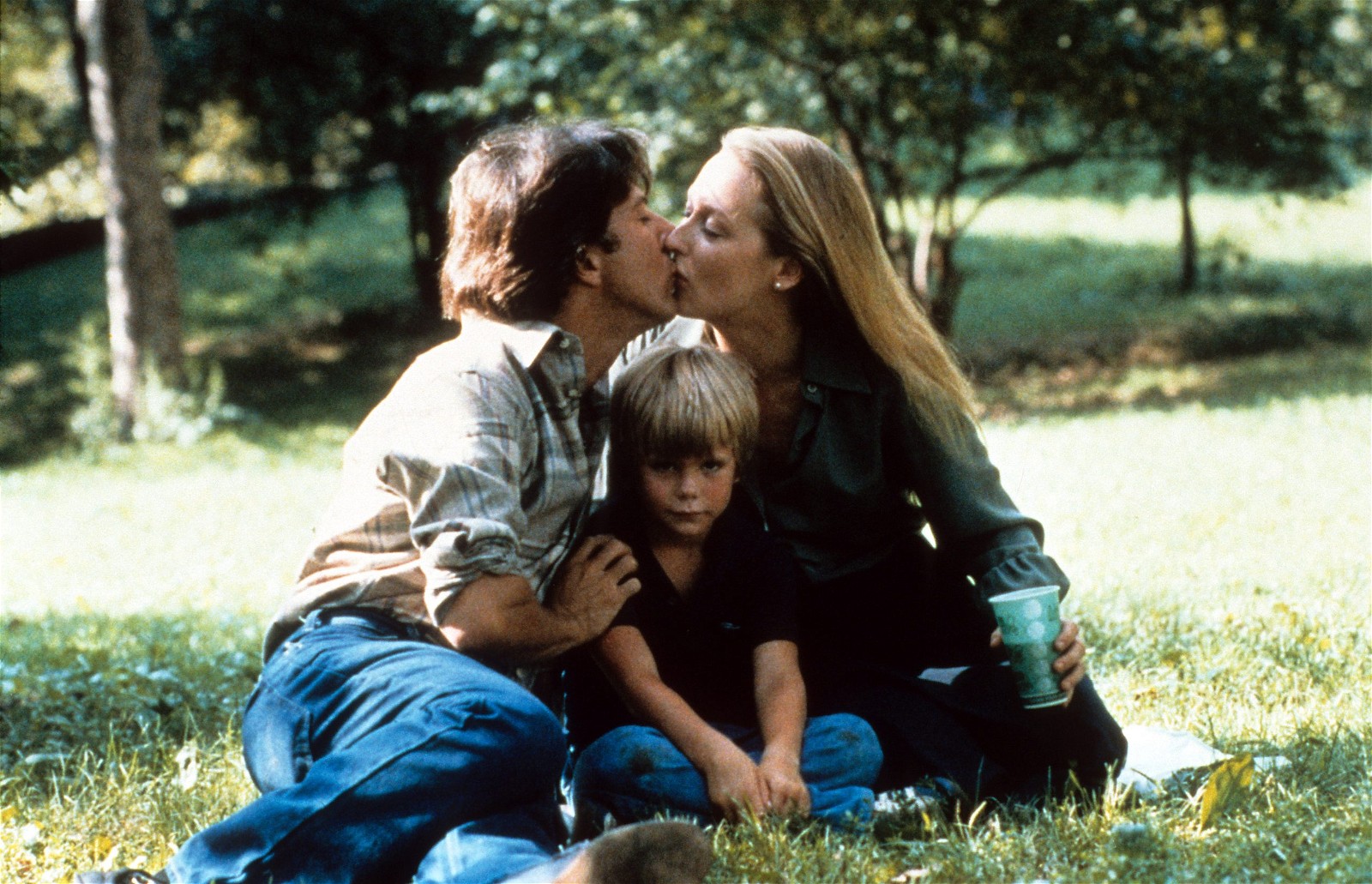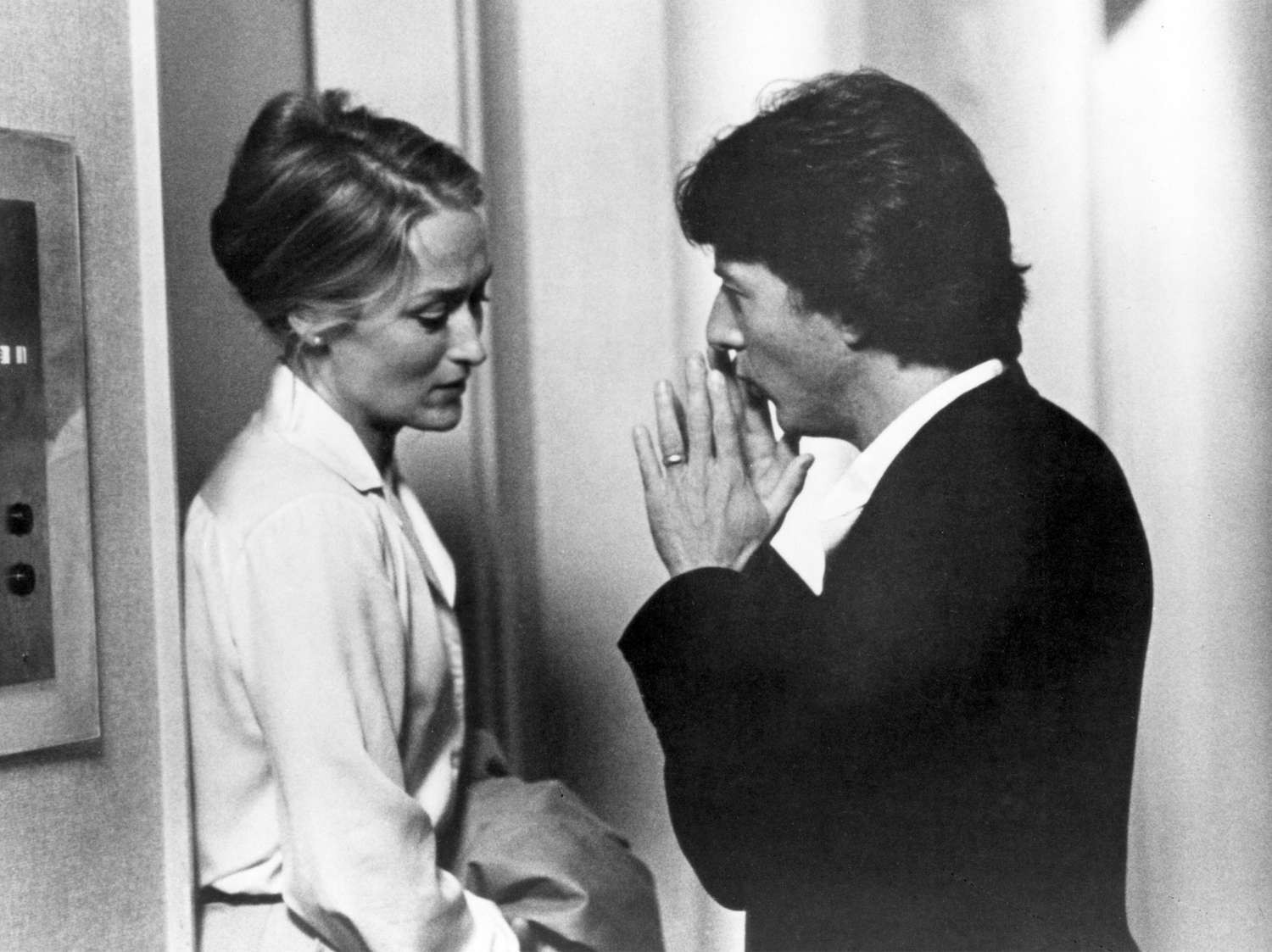In 1978, Meryl Streep’s great love passed away as she held his hand over the edge of his hospital bed. Six months later, when she stepped into the hotel suite where the Oscar-winning lot, Dustin Hoffman, Robert Benton, and Stanley Jaffe sat in quiet contemplation about casting their leading Kramers, the actress’s face was hardly one they were aware of, even in passing.
When she walked out of that fateful suite an hour later, despite her powerful and opinionated take on the role she was destined to portray, Streep had inadvertently left behind a trail of residual ache that was agonizingly perceptible over the layers of strength and defiance she had put up.
Needless to say, Benton had found his Joanne Kramer. And the world would not be prepared for the volcanic force that shook the theatres with vehemence as Meryl Streep took over Hollywood.

The Story Behind Meryl Streep’s 1980 Oscar-Winning Role
Most knew John Cazale from his role in The Godfather film series. Meryl Streep knew him from the theatre. The couple’s relationship solidified in two years when Streep would move in with Cazale only for the latter to be diagnosed with advanced lung cancer six months later. It was the emotions from this death and final separation that contributed in great part to her iconic portrayal of Joanne Kramer. Unlike the fickle and easily narcissistic Mrs. Kramer of the books, Streep’s take on the character was poignant, often ahead of her time, powerfully feminist, and above all a mother in all her flawed vulnerabilities that comes with being a woman unrealized.
But, deeper research into the role that raked in her first Oscar would find the antagonizing relationship that she shared with her on-screen partner. On a particularly early day of filming, as Meryl Streep and Dustin Hoffman took their places behind a door before the director could yell “Action!” – a loud slap resounded through the hollow halls of a set. Hoffman struck Streep to give the emotional scene that followed a degree of authenticity.
The director was on the verge of panicking but the scene continued and Streep was not one to crumble under the shameless emotional bullying of Ted Kramer/Dustin Hoffman that continued through up to the final days of filming (and not just limited to Streep). Often these manipulations extended to their 8-year-old on-screen son, Justin Henry, who would break down into uncontrollable sobs and went on to become the youngest actor in history to win an Oscar nomination for his role in the film.

Over the course of filming, Dustin Hoffman found gaps between takes to go and whisper “John Cazale” in Streep’s ear. She would cry, rage, turn pale, and become a pillar of roiling emotions – but all of it contributed to and shifted with the demands of the scene. Hoffman did not realize it was taking the 29-year-old double the effort to keep her composure and play the role of Joanne with a more nuanced take than the one written on paper. He was not helping, as he had originally thought.
On the final day of the courtroom drama, the pair reached a quiet understanding when he quietly shook his head from behind the frame to tell her she did not fail in her relationship and she did not deserve to carry around the grief and cruel pain from Cazale’s death. 4 months later, Streep walked on stage to accept the Academy Award for Best Supporting Actress.
Meryl Streep Commented on the Impact of John Cazale’s Death
As poignantly presented by Michael Schulman, the “chamber drama” putting on display the “fractured American family” for the global audience to weep over would go on to become a timeless film, relevant always. Robert Benton (who took home the Best Director Oscar for Kramer v Kramer) claimed:
“This picture started out belonging to Ted Kramer, and by the end it belonged to both of them. And there was no way Dustin could shake her. No way he could do anything to shake her. She was just there, and she was an incredible force.”

But while her film redefined what an Oscar-winning Hollywood drama looked like, Meryl Streep herself languished in the background over the death of Johnny Cazale. Streep later admitted in an interview 2 years later,
“I didn’t get over it. I don’t want to get over it. No matter what you do, the pain is always there in some recess of your mind, and it affects everything that happens afterwards. John’s death is still very much with me. But, just as a child does, I think you can assimilate the pain and go on without making an obsession of it.”
Whether this grief – the thing that Dustin Hoffman attempted to manipulate out of her to bring out the pain in the scenes that needed it most – contributed to her powerful delivery on the screens of Kramer remains a forever undecidable mystery. The film did go on to win 5 Oscars: Best Director (Robert Benton), Best Picture (Stanley Jaffe), Best Actor (Dustin Hoffman), Best Supporting Actress (Meryl Streep), and Best Adapted Screenplay (Benton).
Source: Vanity Fair

